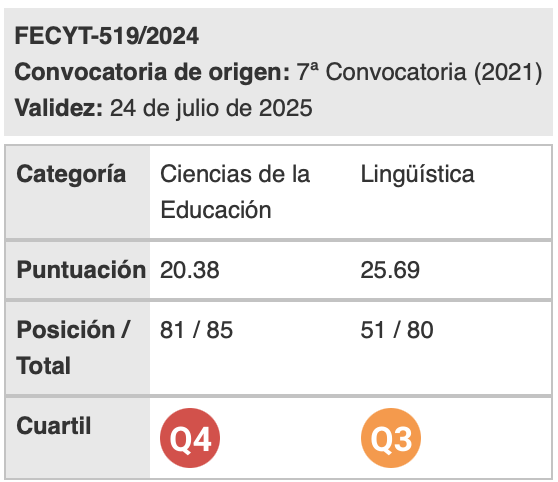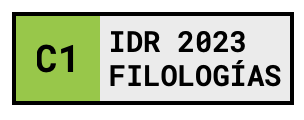Localisation Testing Process: Analysis and Proposal of an Error Coding Model (Bug Report) and Test Plan
Keywords:
testing, taxonomy of errors, error encoding, linguistic testing, functional testing, bug reportAbstract
The concept of translation error has been under discussion in Translation Studies since its beg innings. The technological advance in a globalised world like this implies an increase in the provision of localisation services; a process which includes a gre ater number of tasks other than translating text. The objectives of this research are to describ e and analyse theoretical concepts as a theoretical review; to determine the necessary parameters to carry out a testing task of localised products and to standardise and system atise the testing process. There is also a need to analyse the types of errors being made in a localisation process, as well as to conduct a taxonomy of these errors and propose an error encoding. In addition, a bug report model applicable in the revision phase of t he localisation process is created together with a set of instruction s for the localisers with the aim of unifying the process of revision and testing, increasing the quality of the final product.Downloads
References
Arevalillo, J. J. (2012). La revisión profesional, herramienta de mejora de la capacidad de traducción. Actas II Congreso Sociedad Española de Lenguas Modernas(pp. 9-25).
Chandler, H., y Deming, S. (2012). The game localization handbook(2nd Ed.). Sudbury (Mass.): Jones & Bartlett Learning.
Esselink, B., Vries, A., O'brien, S., Vries, A., y O'Brien, S. (2000). A practical guide to localization([Rev. ed.], The language international world directory, v. 4). Amsterdam: John Benjamins.
LISA, Localisation Industry Standards Association (2003), LISA QA Model 3.0. <http://producthelp.sdl.com/SDL_TMS_2011/en/Creating_and_Maintaining_Organizations/Managing_QA_Models/LISA_QA_Model.htm> [16/11/2018].
Luo, L. (2001). Software testing techniques. Institute for software research international Carnegie Mellon University Pittsburgh, PA, 15232(1-19), 19. <https://www.cs.cmu.edu/~luluo/Courses/17939Report.pdf> [15/11/2018].
Miller, E. F. (1981). Introduction to Software Testing Technology. Software Testing & Validation Techniques. Michigan: IEEE Computer Society Press, 4-16.
Shanti, A. (2006). Localization and InternationalizationTesting. 6th Annual International Software Testing Conference in India 2006. <http://www.qaielearning.com/KnowledgePapers/Localization_Internationalization_Testing.pdf> [17/11/2018].
Downloads
Published
How to Cite
Issue
Section
License
Authors who publish with this journal agree to the following terms:
- Authors retain copyright and grant the journal right of first publication with the work simultaneously licensed under a Creative Commons Attribution License that allows others to share the work with an acknowledgement of the work's authorship and initial publication in this journal.
- Authors are able to enter into separate, additional contractual arrangements for the non-exclusive distribution of the journal's published version of the work (e.g., post it to an institutional repository or publish it in a book), with an acknowledgement of its initial publication in this journal.
- Authors are permitted and encouraged to post their work online (e.g., in institutional repositories or on their website) prior to and during the submission process, as it can lead to productive exchanges, as well as earlier and greater citation of published work (See The Effect of Open Access).

Revista de Lenguas para fines específicos is licensed under a Creative Commons Reconocimiento-NoComercial-SinObraDerivada 4.0 Internacional License.

























